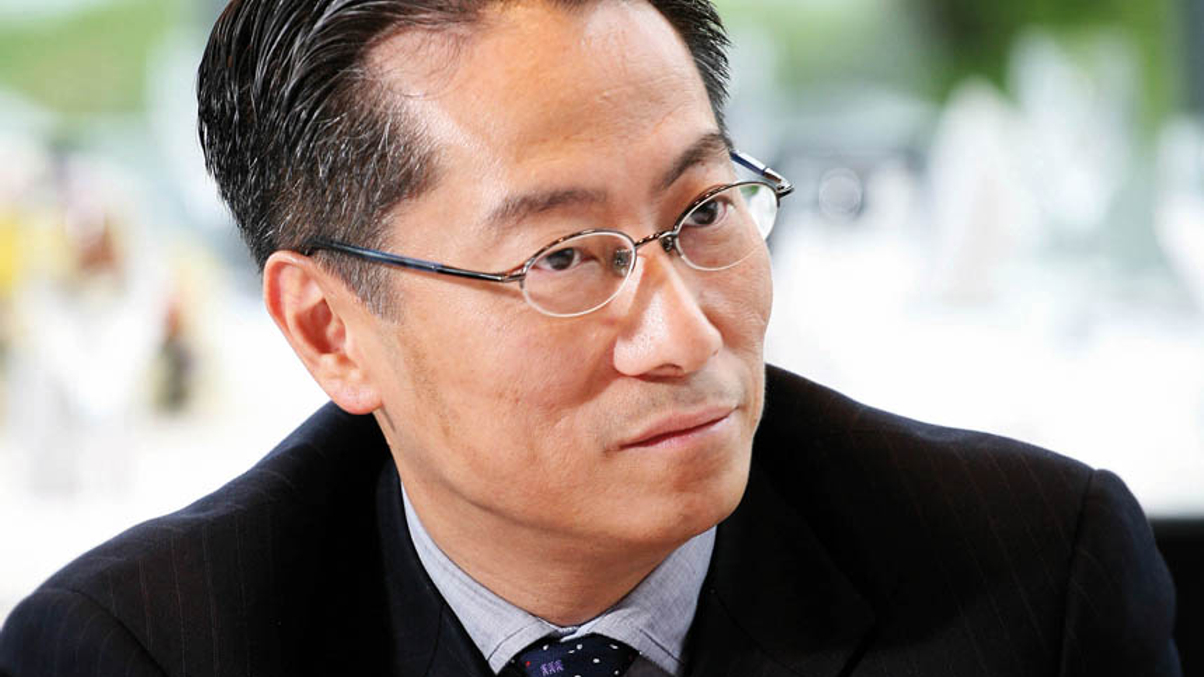Hospital Authority issues RFP, replaces US manager
It is seeking A-share and RMB bond managers for its provident scheme as it awaits a QFII quota. It also chooses two managers for a US small-cap mandate after replacing the previous manager.

Hong Kong’s Hospital Authority is lining up potential RMB bond and A-share managers for its provident fund scheme after issuing an RFP as it awaits receipt of its QFII quota.
Sign in to read on!
Registered users get 2 free articles in 30 days.
Subscribers have full unlimited access to AsianInvestor
Not signed up? New users get 2 free articles per month, plus a 7-day unlimited free trial.
¬ Haymarket Media Limited. All rights reserved.


